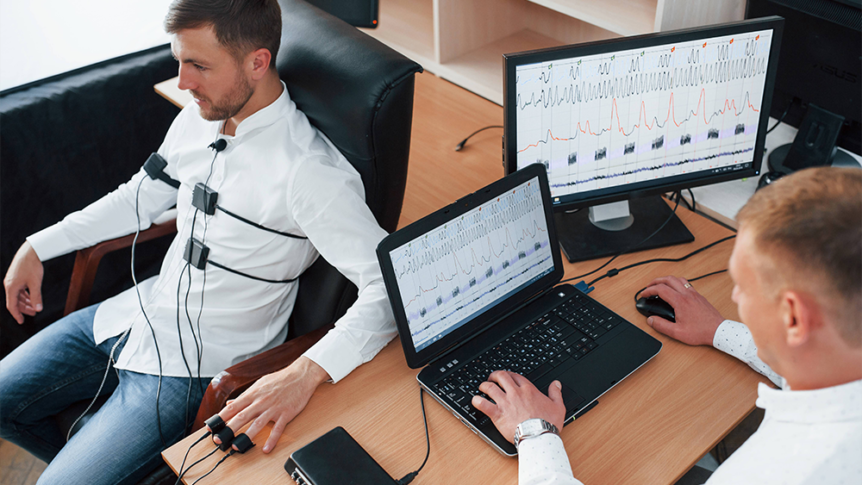Lie detector tests, otherwise called polygraph tests, have for quite some time been a staple in criminal investigations, frequently encompassed by both interest and wariness. The liedetectortest.com measures physiological reactions to questions, planning to recognize honesty in view of variations in circulatory strain, heartbeat, breath, and skin conductivity.
Understanding Polygraph Tests
A polygraph works on the rule that misleading responses can set off physiological changes. During a polygraph test, sensors are joined to the subject’s body to record physiological reactions while they answer a progression of inquiries. The inspector then, at that point, investigates these reactions to decide if the subject is logical, being honest. While the polygraph isn’t foolproof, it gives important experiences that can direct agents.
Enhancing investigative efforts
In criminal investigations, polygraphs serve a few basic capabilities. To start with, they can assist with reducing suspects. By overseeing a lie detector test, examiners might have the option to recognize the individuals who are reasonable and honest and the people who might be concealing data. This cycle can be instrumental in zeroing in assets and considering additional promising leads.
Furthermore, polygraphs can help with checking justifications. A suspect who keeps up with their guiltlessness might consent to a polygraph test to demonstrate their trustworthiness. Alternately, irregularities uncovered during the test can provoke further examination. This can be especially helpful in situations where actual proof is restricted or uncertain.

Legal and ethical considerations
Regardless of their utility, polygraph tests are not without contention. Their exactness and unwavering quality have been addressed, with pundits contending that physiological reactions can be affected by factors irrelevant to trickiness, like pressure or tension. Accordingly, the suitability of polygraphs brings about court shifts generally. In numerous purviews, polygraph results are not acceptable as proof because of worries about their dependability and potential for abuse.
Moral worries additionally encompass the utilization of polygraph tests. There are banter about whether people ought to be constrained to go through testing and the expected mental effect on suspects. Guaranteeing that polygraph tests are utilized morally and capably is urgent to keeping up with the trustworthiness of the analytical cycle.
Lie detector tests at liedetectortest.com assume a critical, however complex, part in criminal investigations. They offer a significant instrument for surveying the validity of suspects and confirming plausible excuses, yet their restrictions and the moral ramifications of their utilization should be painstakingly thought of. As innovation and philosophies advance, the role of polygraphs in criminal investigations might keep on developing, possibly upgrading their adequacy and acknowledgment in the general set of laws.
